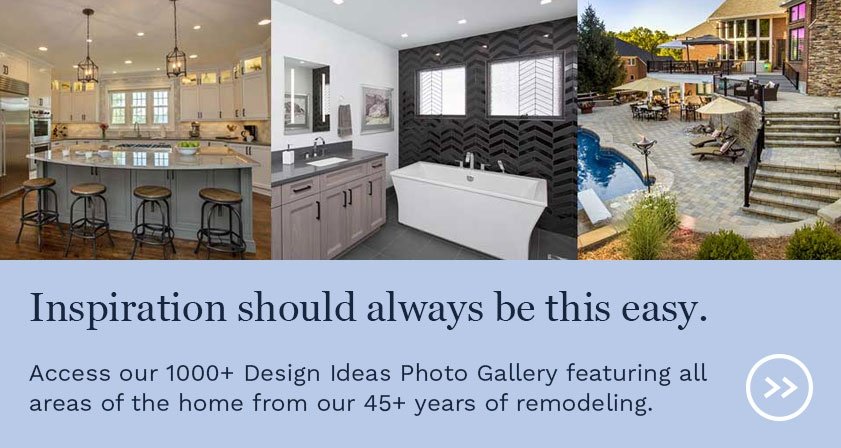Knowing what style your home is and what style you prefer is an asset when it comes to working with a designer for a remodel. Taking a little time to narrow your style preferences down can greatly help streamline what products, materials and other options make sense for your project. If you can go into your remodel with some confidence about the styles you like and want, it will vastly improve how quickly your designer can help find the products and layouts that work for you.
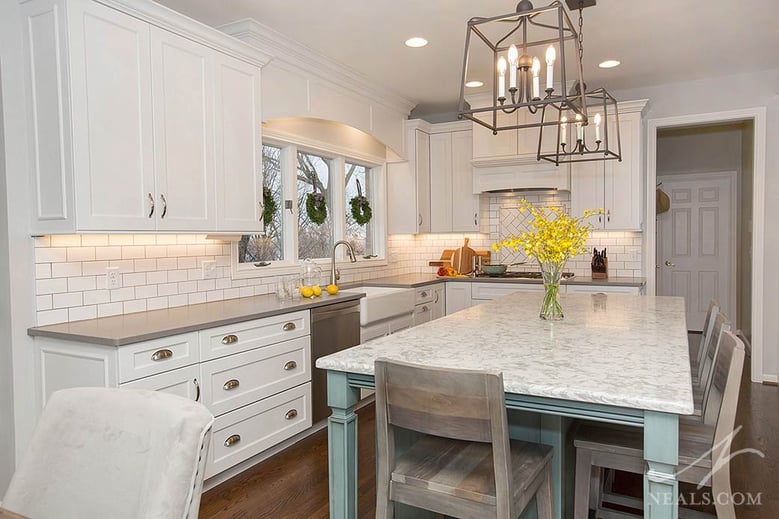
Traditional Kitchen in Evendale
There are three primary design styles that are helpful to understand. You may fit neatly into one, or you may like aspects of each. These terms are convenient shorthand that can help convey preferences to your designer or assist you with finding appropriate inspiration. In the end though, keeping in mind your personal character, the style choices that make you and your family unique, and the preferences you have for how your home feels, are the things that will make your home truly yours.
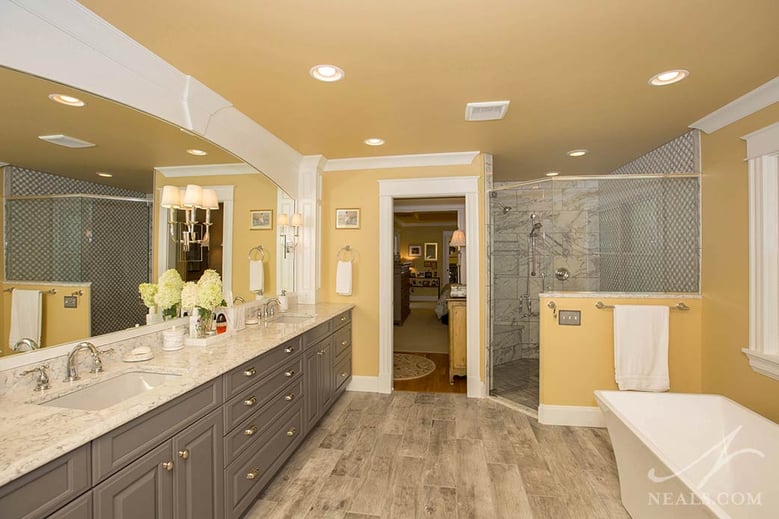
Traditional Bathroom in Hyde Park
Traditional Design
Traditional design uses intricate details, soft textures, subdued colors, and warm materials. It is inspired by historical style movements including classic European, colonial, Victorian, and early 19th Century architecture and interiors. With an emphasis on luxurious details, traditional design generally conveys a feeling of grandeur, age, and refinement. As we move further into the 21st Century, traditional design has begun shifting to focus on the feeling of a "classic" or "timeless" space, rather than simply a style with a lot of details. This means that a newer traditional space can sometimes appear quite minimal, bright and modern feeling.
Traditional style will often be conveyed with raised panel cabinet doors, hardware with intricate details, crown molding added to the tops of cabinets, custom range hood designs in the kitchen, and free-standing tubs in the bathroom. Countertop materials like marble and soapstone can also add a sense of classic traditional style.
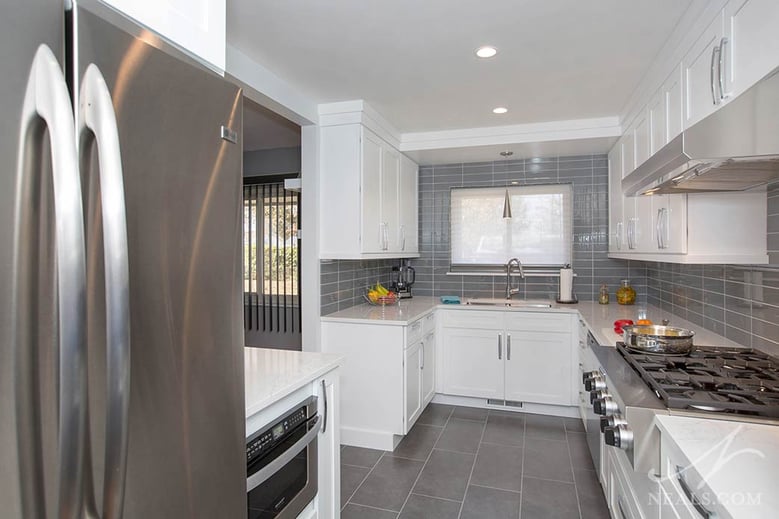
Contemporary Kitchen in Finneytown
Contemporary Design
Contemporary design features have minimal details, an emphasis on materials, and clean lines. It began to rise as a style following World War II, and came into popular use in the 1970’s. It is also sometimes referred to as "modern" design. Contemporary spaces are generally uncluttered and open, will have some unexpected features, and will have a highly curated mix of materials, textures, and colors to create contrast and interest.
Contemporary cabinetry will often use slab-style (or flat) doors, and simple or minimal hardware. Contemporary spaces also may have bold color pairs, or unexpected textured or patterned elements. While a minimal space may not always be contemporary in style, a contemporary space will always lean toward a minimal visual appearance to a greater or lesser degree.
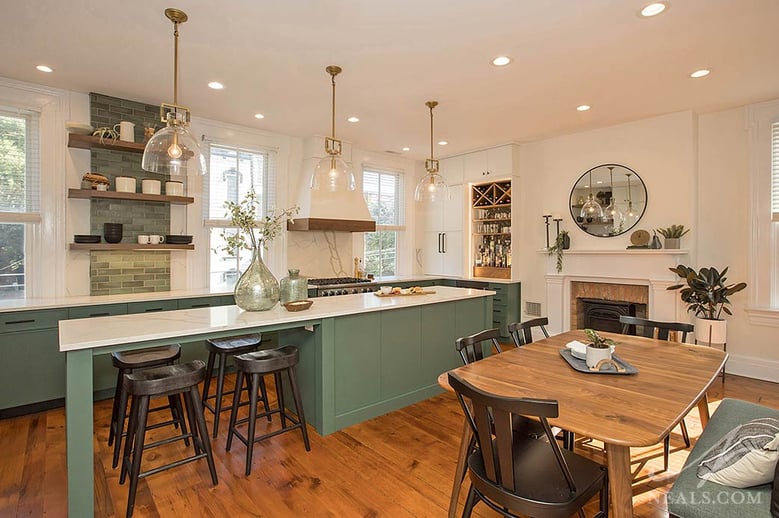
Transitional kitchen in Prospect Hill OTR
Transitional Design
Generally speaking, transitional design falls in the spectrum between traditional and contemporary. It’s hard to say exactly what elements can be found in transitional spaces because one's interpretation may lean more traditional, while another may have more contemporary overtones. In most cases, a transitional space will favor the clean lines and material choices of contemporary design equally as much as it showcases the well-considered details and refined notes of traditional design. A common descriptor of transitional design is that it feels both modern and classic at the same time.
Transitional designs might utilize recessed panel cabinet doors, a tile backsplash, interesting but minimal hardware styles, open shelving, natural wood accents, and decorative lighting with a modern look.
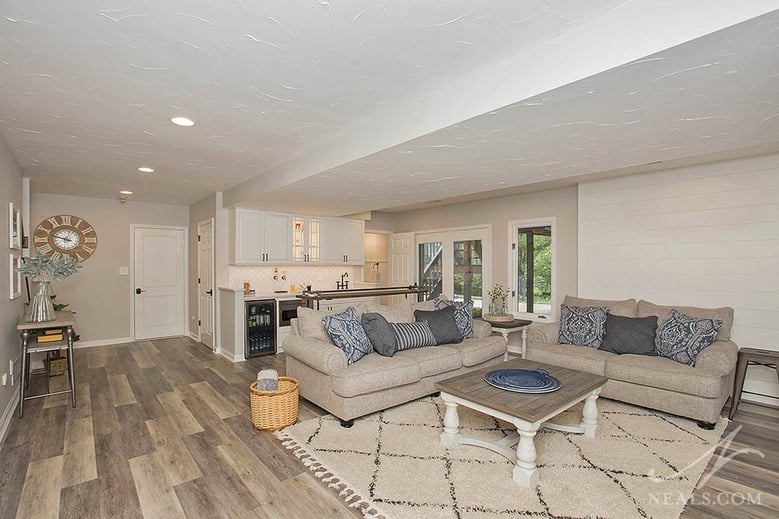
Traditional lower level in Delhi
Other Design Styles
There are other styles as well that can fall inside or in between these three primary styles. Of these more specific style genres we see Craftsman, Farmhouse and Asian-inspired designs the most often in the Greater Cincinnati area We are also seeing a rise in Scandinavian-inspired or mid-century-inspired spaces in recent years. All of these styles can be considered themes or overtones that are layered over the basic principles of any of the three main styles. It all comes down to the shapes, colors, and textures you gravitate toward, and how they combine to form your home style.
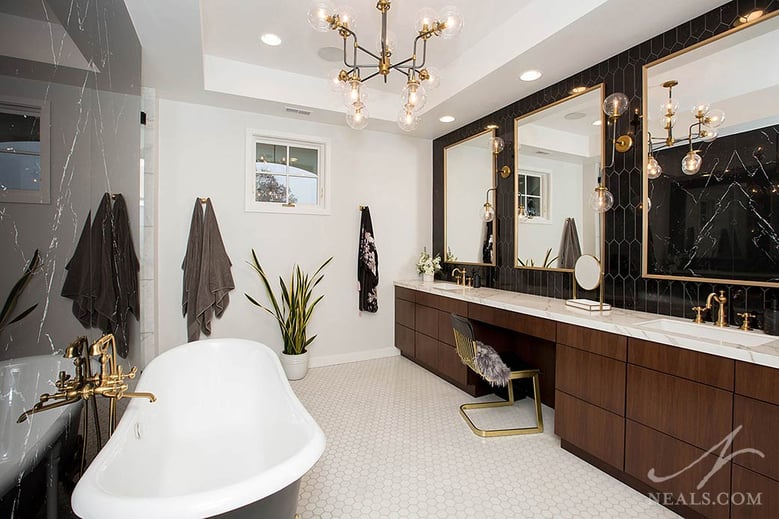
Mid-Century-inspired Bathroom in Indian Hill
Mood Board
If you aren’t sure which of these descriptors fit your style, try creating what’s known as a mood board. This is a collage-type board (Pinterest or Houzz are great for this) where you can put together the ideas you like the most, along with other inspiring images that aren’t specifically home-related, to help your designer get a sense for what you’re interested in and what appeals to you.
Neal's also offers a "Design Style Inspiration" slideshow in our 1000 Design Ideas Gallery that shows some of the different types of styles we've created for our clients to get your ideas flowing.
NOTE: This post was originally published Oct. 14, 2019 and was last updated Jan. 12, 2021 with revisions to the text with updated information and new photos.
